The following review example can serve as a guide for students trying to find inspiration when writing an assignment on the themes of The Giver by Lois Lowry.

✅ AI Essay Writer ✅ AI Detector ✅ Plagchecker ✅ Paraphraser
✅ Summarizer ✅ Citation Generator
If you are criticized, it means you are in the right way. So is the motto for many outstanding pieces of literature, and “The Giver” by Lois Lowry is no exception. The novel has been banned from schools and libraries but managed to withhold trying times just like any dystopian masterpiece did. For instance, “1984”, “To Kill a Mockingbird”, or even “Fahrenheit 451” did not receive a warm welcome, yet stirred the world with uncensored characters and undistilled truth. So, what makes Lowry’s “The Giver” stand out among profound works? Simply because it’s a dystopian novel for kids. Lowry’s focus on a narrower audience makes her novel prominent and gives it a fresh spin.
In this article, we will discuss the main themes of “The Giver” and their effect on modern society.
Themes in The Giver
What is the theme of “The Giver”? The traditional message of dystopia is always clear: individual and society.
What if the perfect community existed not only on paper but in the real world? Imagine never experiencing war, hunger, and pain. Would it be nice if everyone in the community were kind and caring? In ‘The Giver,’ everything is exactly like this, and even better.
But what if the government takes the controlling part too much to the point that it restricts its people from love, seeing colors, listening to music, and basically any feelings? It’s worse than Big Brother watching you because in the case of the modern society in ‘The Giver,’ individuals do not have a say at all. Marriage, vocation, safety, comfort, and more are left for the Elders to decide.
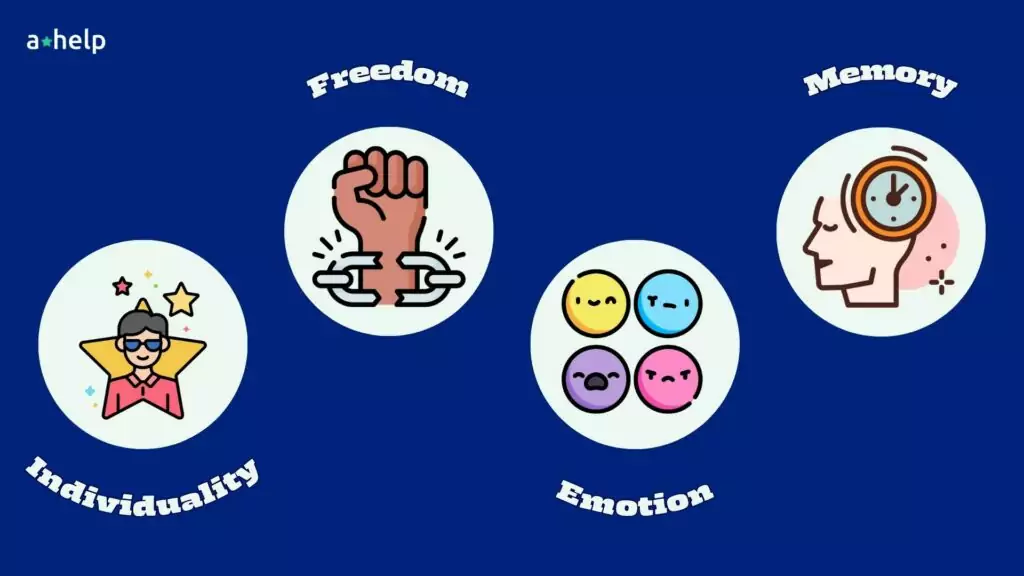
What is Individuality in Dystopia
What is the theme of “The Giver” that sets the tone for the dystopian story? Traditionally, it’s the fight for preserving individuality against the pitfalls of conformity. In Lois Lowry’s novel, the main character, Jonas, lives in a world where individuality is almost non-existent. This is due to the community’s strict adherence to “Sameness,” a principle that ensures everyone is alike. Sameness is deeply ingrained in every aspect of life, from the way people dress to how they behave. The idea is to discourage anything that would set a person apart from others. This means that individual thoughts, feelings, and actions are not only frowned upon but are also seen as a threat to the community’s harmony.
The society in which Jonas lives has removed all forms of personal expression. Birthdays are celebrated collectively, and everyone wears the same clothes and hairstyle. This lack of personal choice extends to more significant life decisions too. Spouses, jobs, and even children are assigned by the community leaders. Such strict control is exercised to prevent any form of conflict or competition that might arise from individual differences. The absence of mirrors is a symbolic representation of this suppression. Without reflections, people are discouraged from focusing on their individuality and instead are directed towards communal identity.
Jonas, however, is different. His pale eyes and the unique ability to see colors set him apart in a world devoid of such distinctions. Initially, these traits make him feel out of place. But as he grows and learns about the true nature of his community, his differences become a source of strength. They lead him to question the very foundations of his society and ultimately to rebel against its oppressive norms.
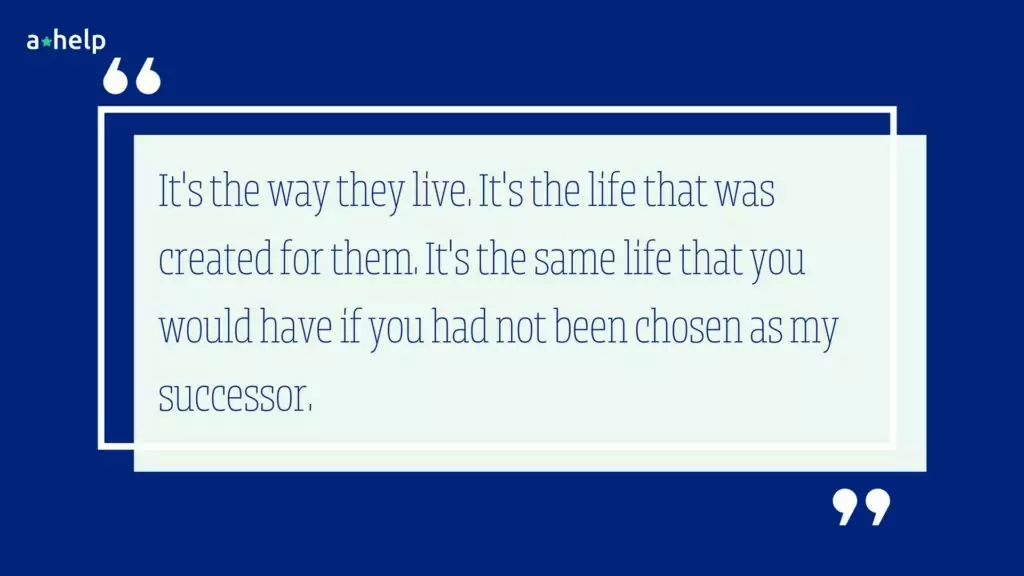
The novel follows Jonas’s journey from a conforming child to an independent young man. The Ceremony of Twelve is a pivotal moment in this transformation. It is the first time that the community acknowledges and celebrates differences among its members. For Jonas, this is a step towards understanding and embracing his own uniqueness. The novel, through Jonas’s story, encourages readers to value individual differences instead of suppressing them.
In Jonas’s community, Sameness extends beyond physical appearance and behavior. It also encompasses the environment, with a controlled climate and uniform landscapes. Society has even gone to the extent of eliminating natural variations in skin color and the ability to perceive colors. These measures are taken to avoid conflict and competition, believed to stem from individual differences. From birth, every aspect of a person’s life is controlled to maintain this Sameness. Babies who do not conform to the community’s standards are “released,” a euphemism for a grim fate.
As children grow up, their lives are structured in a way that further reinforces Sameness. They are grouped by age, assigned identical tasks, and taught to speak in a precise manner. This suppresses any form of individual expression. The society’s aim is clear: to eliminate anything that might distinguish one person from another. The Chief Elder’s message at the December Ceremony emphasizes this, urging everyone to fit in and suppress any unique impulses.
The outcome of such a society is a lack of creativity, appreciation for uniqueness, and individual achievement. In Jonas’s world, there are no artists, musicians, or geniuses. Everyone’s the same, except for a select few whose individual traits are exploited for the community’s benefit. Even these exceptions are tightly controlled. Natural empathy and compassion are manipulated, as seen in the roles assigned to characters like Father and Fiona. Their innate qualities are twisted to serve the community’s needs, devoid of personal moral judgment.
Lois Lowry, through the depiction of this dystopian world, underscores the consequences of eradicating individuality. The pursuit of Sameness not only strips away personal freedom and expression but also eliminates the richness and diversity that different perspectives bring. It leads to a society where no one feels special or valued for their unique traits. In essence, by seeking uniformity, the community loses out on the potential for growth, innovation, and the beauty inherent in diversity.
The theme of Freedom
In the world of Jonas’s community, the concept of freedom, particularly the freedom to choose, is virtually non-existent. The society operates under the principle of “Sameness,” a system where all major decisions were made long ago. This arrangement ensures a life free from the anguish of bad choices, but it also deprives people of the happiness that comes from making good ones. The residents lead lives that are stable and pain-free but lack any semblance of autonomy, resembling more the existence of robots than humans.
Jonas, upon discovering the power of memory, realizes that choice is a crucial component of human joy. He understands that having the ability to make decisions is a form of power. This realization culminates in his decision to flee the community with Gabriel, a choice that is both significant and perilous. This act not only affects Jonas and Gabriel but also imparts a profound impact on the community he leaves behind. It reintroduces the concept of choice, along with its accompanying pleasures and pains, back into society.
Daily life in Jonas’s community is meticulously planned and regulated. A comprehensive Book of Rules dictates every aspect of life, from clothing to daily schedules. Even the most trivial decisions are pre-determined, freeing citizens from the burden of choice. However, this lack of choice extends to more significant aspects of life as well. Family units, for instance, are not formed naturally. Marriages and children are assigned by a committee, and even the number of children per family is strictly controlled. Similarly, job assignments are based on observations made by the Elders, and once decided, these roles are never questioned.
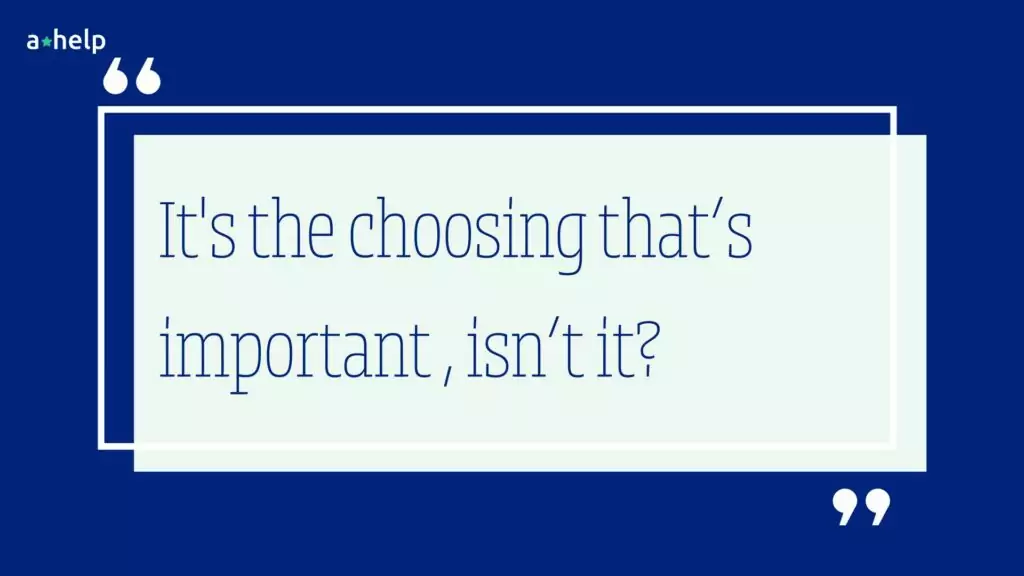
The rationale behind such strict regulations is efficiency and the prevention of poor decision-making. When Jonas becomes aware of the absence of choice, he initially struggles with the concept. He wonders if allowing people to make their own choices might lead them to make wrong ones. However, as he gains more memories and insights, Jonas’s perspective shifts. He starts to appreciate that the freedom to choose, despite its inherent risks and potential for regret, also brings the possibility of immense satisfaction and happiness. The riskier the choice, the higher the potential reward.
Jonas’s journey towards understanding the importance of choice culminates in his defiant act to leave the community. This decision, while fraught with uncertainty, symbolizes his embrace of the freedom to choose. His action is not just about saving Gabriel but also about challenging the oppressive norms of his society. Through Jonas’s eyes, the story highlights that the ability to make choices, good or bad, is a fundamental aspect of being human. It underscores that true freedom involves the right to make decisions, even at the risk of making mistakes. This theme is powerfully illustrated in Jonas’s bold move to defy the rules, demonstrating that the essence of freedom lies in the ability to choose one’s path, regardless of the outcome.
The theme Emotion
In Jonas’s community, the concept and experience of genuine emotion are virtually absent. The community’s rigid structure and rules are designed to prevent any form of deep emotional connection or pain. Birthmothers, for instance, are not permitted to raise their own children, severing a fundamental bond right from the start. Further, sexual desires are medically suppressed, and the selection of spouses is a matter devoid of personal choice or affection. Even the existence of identical twins is not tolerated due to the potential for a strong emotional bond. Every decision in this society is driven by practicality and adherence to established rules, promoting a uniformity that leaves no space for emotional depth or attachment.
Jonas, however, is inherently different. Even before meeting The Giver, he yearns for a connection that goes beyond the superficial interactions of his community. This longing for emotional closeness becomes evident when he bathes Larissa at the House of the Old, where he discovers the beauty of touch and intimacy. His training as the Receiver of Memory further opens his eyes to the true nature of emotions. He learns that the richness of human emotions, such as joy and love, can only be fully understood and appreciated when one is also aware of pain and loneliness. This revelation makes Jonas acutely aware of the cruelty of depriving people of their capacity to feel.
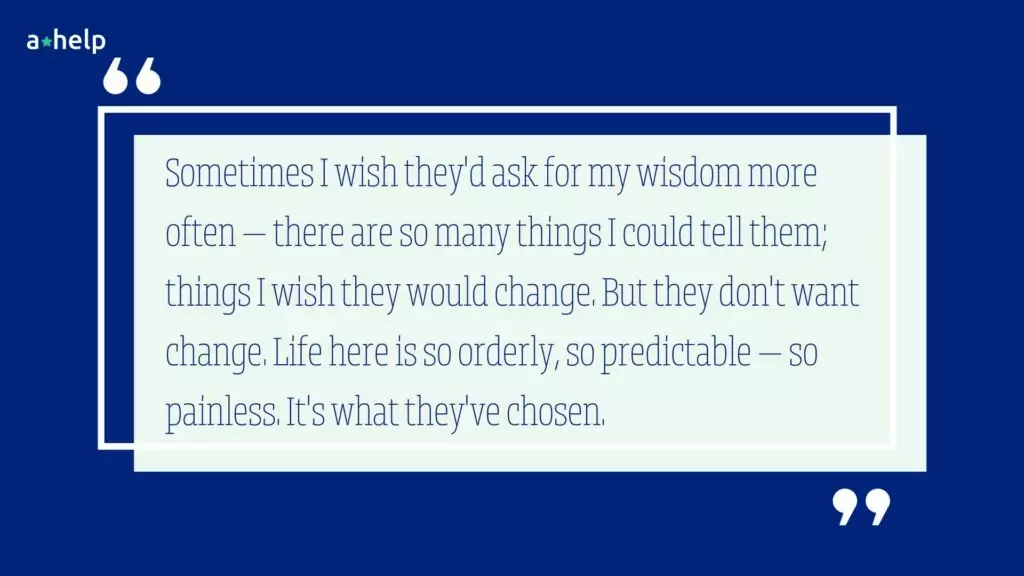
Jonas’s journey of emotional awakening culminates in his decision to escape from the community. This act is more than just a personal quest for freedom; it is an act of profound love towards those who have never learned to love. By leaving, Jonas hopes to break the cycle of numbness and open the possibility for the community to experience emotions in their full spectrum. His departure symbolizes not just a physical escape but also a metaphorical release of emotions into a society that has been systematically deprived of them. In doing so, Jonas challenges the very foundations of his community, asserting that the ability to feel deeply, even with all its inherent risks and pains, is an essential part of what makes us human. His act of leaving is, in itself, a gift of feeling to those who have been living in an emotional void.
The theme Memory
“The Giver” themes do focus on many vital aspects of human life. In “The Giver,” memory holds a central role, illustrating its critical importance to human existence. The community in the novel, in its quest for a pain-free life, makes a monumental decision: to rid themselves of all memories. This erasure of collective historical memory was seen as a necessary step to eliminate suffering, conflict, and longing for the past, thereby ensuring a life of peace and harmony. However, this decision comes at a great cost, as the novel reveals. Without memory, people cannot experience the full spectrum of human emotions, learn from past mistakes, or appreciate their achievements.
The community’s approach to memory is radically different from our understanding of it. In Jonas’s world, memories are not just mental recollections but visceral, tangible experiences. When Jonas receives memories, he doesn’t just recall them; he feels them. For instance, he experiences the chill of snow and the warmth of sunshine as if they were happening in real time. This unique portrayal of memory in the novel highlights its profound impact on human life. Memory is not just a record of the past; it’s a gateway to understanding and feeling.
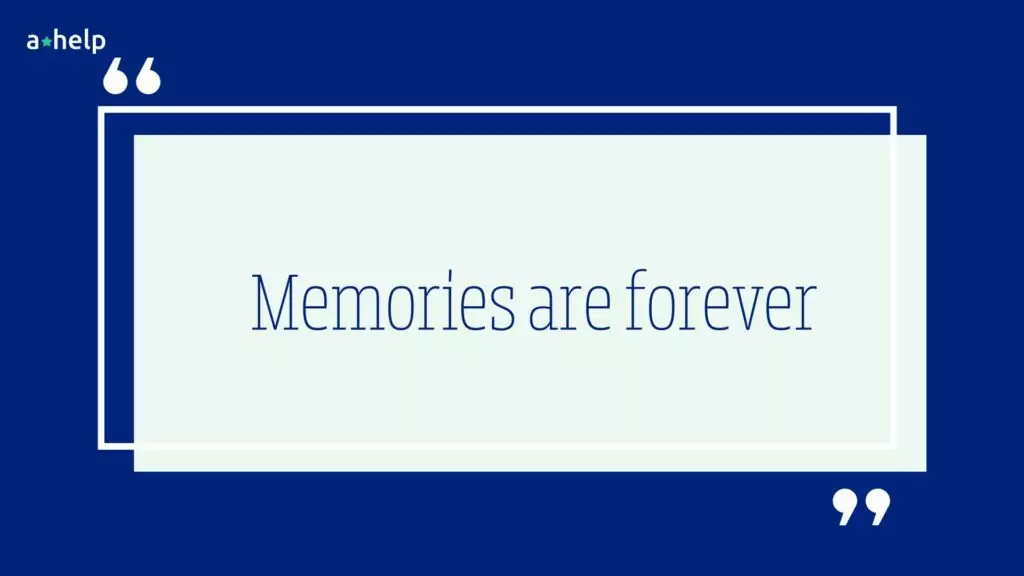
Furthermore, the novel introduces the concept of the Receiver, a person tasked with holding the community’s memories. This role underscores the recognition, even in a memory-less society, of the practical necessity of remembering the past to avoid repeating mistakes. However, as Jonas undergoes his training as the Receiver, he learns a crucial lesson: memory is essential not just for practical reasons but for emotional and spiritual fulfillment. Without memory, there can be no real joy, no deep sorrow, no genuine love.
Lowry’s depiction of memory in “The Giver” is almost magical. The transfer of memories, the connection with the trait of blue eyes, and the release of memories upon the Receiver’s departure from the community are all elements that elevate the significance of memory. These fantastical aspects of memory in the novel serve to highlight its value. Memory, as portrayed in “The Giver,” is precious, powerful, and indispensable for a rich and meaningful human experience. The novel thus posits that a life without memory is not only incomplete but also lacking in the fundamental aspects that make us truly human.
Follow us on Reddit for more insights and updates.





Comments (0)
Welcome to A*Help comments!
We’re all about debate and discussion at A*Help.
We value the diverse opinions of users, so you may find points of view that you don’t agree with. And that’s cool. However, there are certain things we’re not OK with: attempts to manipulate our data in any way, for example, or the posting of discriminative, offensive, hateful, or disparaging material.